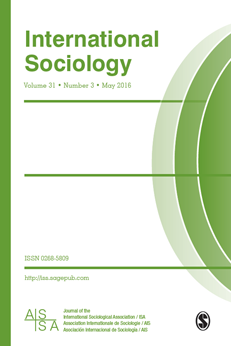Overview
This project explored the relationships between participation in higher education and engagement in civil society, especially at the local level. Do university graduates play a distinctive role in the institutions of civil society? More specifically, it examined the extent to which the institutional shift from an elite to a mass system of higher education has affected the roles that graduates play in civil society. It also analysed the extent to which distinctive national (or more local) patterns in these relationships can be distinguished in the constituent countries of the UK.
The project will adopt an explicitly mixed methods approach, using statistical modelling of the BHPS/Understanding Society, as well as interviews with university alumni.
The project required a comparative, longitudinal design. It involved comparing the character of participation in (local) civil society for participants and non-participants in HE. It carried out this comparison for the elite system of HE (up to the mid 1970s) and again for the mass system (1990s). Hence, there were 4 samples.
The first stage of the analysis involved deriving 4 such samples from the British Household Panel Survey/Understanding Society. The second stage of the analysis will involve the collection of new data. Here, our plan was to carry out in-depth, semi-structured interviews with two groups (25 respondents in each group) of graduates, one from the elite system, and the other from the mass system.
Supplementary analysis included: analysis of the interviews conducted by WISERD (and others) with a sub-sample of NCDS respondents (who will have entered HE in the mid-1970s); re-analysis of the data generated by the major official reports on HE.







